You just graduated college – time to find a job, buck-o. Print out those resumes, and hit the streets hungry. Pass them out to everyone and anyone. Be willing to do what others won’t. Landed your first gig? Show up each morning bright eyed and bushy tailed, no matter how humiliating, and consistently go above and beyond. But most importantly, stay true to yourself.
This is the bumper sticker “job advice” boomers have been giving to successive generations for the last 50 years. It’s arguable how useful it ever was, even in their own time. But it’s not until LinkedIn that this contrived work ethic became formalized and permanentized in the digital square – so much so that we’re forced to ask, will we ever have a normal job culture again?
LinkedIn is a boomer fever dream of the ideal job market of their youth, when a cohesive society actually rewarded earnestness and the liberal promise of multicultural meritocracy still held sway. Today, as thousands jostle for every one job posting on the platform, we’re left with cynical performances of “authenticity” and “professionalism” as the oppression olympics take over for true meritocracy. And from CEOs to entry-level job seekers, no one is immune.
Scroll briefly through your LinkedIn feed, as anyone with a professional career these days regrettably has, and you’re certain to come across a litany of “thrilled to shares” and “my latests,” and most pathetically of all, the “open to work” banner splashed across a profile picture. These are all pro-forma templates the platform suggests you write to keep the rest of your digital “network” abreast of your professional achievements. And the responses are equally formulaic, with prompts like “Sounds really insightful!” and “Sharing your enthusiasm!” suggested on every post. It’s the boomer go-getter solidarity of old streamlined into the digital age.
But the dirty little secret? No one really cares.
In person, genuine enthusiasm shows (or it doesn’t.) But online, no one’s actually thinking about the five years you’re celebrating as a content manager. No one cares about the KPI’s you met or the assets you have under management. No one’s reading your GPT-written essay reflecting on your experience as a “digital disruptor.” Everyone is focused on themselves, sharing the milestones they feel must be achieved to qualify as a bona fide white collar striver while outdoing their colleague’s last post in the perennial rat race. Yet it all amounts to patting yourself on the back.
If you’re not convinced how little anyone cares, try applying for a job on the platform. It’s not uncommon to hear stories of college-educated applicants going months with radio silence after applying to hundreds of entry-level jobs. Customize those resumes and cover letters with as much jargon as you like – boosted revenue, team player, synergy! – but rest assured, everyone’s saying some iteration of the same exact thing. LinkedIn caps the public number of applications submitted for a given job at “100+”, but it’s no secret that corporate behemoths like Amazon, Visa and Citibank can receive thousands of applications globally for the same position. Often, the LinkedIn posting is just a legal cover before the company can promote internally.
This leaves the professional class only one option to stand out – or emotionally blackmail their way into a position. It’s no surprise that LinkedIn has become a cesspool of wokeness in the post-George Floyd era. You may not stand out on paper, but if you can scream about -isms louder than anyone else, you may very well still wind up at a Fortune 500. While LinkedIn potentiates the problem, it’s often hard to tell the chicken from the egg.
Companies and business leaders embrace public struggle sessions on racism or change their logos during pride month to great fanfare on the platform. They’ll talk of “sustainable” business practices, or their efforts to diversify the workforce, or their investment in “stakeholder” value – all to cater to a vague notion of public opinion that businesses foment as much as they respond to. “Great work!”, hordes of corporate drones will respond in the comments, all seeking to win yet another merit badge in corporate America’s social milieu. The most committed of the bunch will double down, demanding that more needs to be done for businesses to transcend “performative wokeness” and become a true locus for change. And while they’re right it’s all for show, they’re too self-satisfied to acknowledge their own role in the charade.
The DEI manager might be a true believer, but at the end of the day, his own six-figure salary is all he’s really fighting for – and telling CEOs (with the entire platform as witness) that only he can absolve their racism is his golden ticket. Far from a multicultural meritocracy, we have warring tribes fighting it out in zero-sum digital warfare.
This has serious trickle-down effects into the real world, turning the entire platform into one big re-education camp as the professional masses take note of both oligarchs and radicals symbiotically driving the cultural beat of the workplace. What else is a first-generation college grad from flyover country to do, as he looks for employment in one of the multinational insurance, finance or healthcare firms that ran the local guys out of business? Elite corporate culture is no longer confined to white shoe firms in Manhattan; it’s digitized and democratized. So he slaps some pronouns next to his name, denounces his whiteness and learns to play the game. And once he’s in, he knows he has to keep playing, ensuring LinkedIn performances take hold at the grassroots level in cubicles across America.
We’re trapped in an endless echo chamber, where everyone tries to “look professional” without actually achieving anything, all while being drawn endlessly further left out of fear of appearing too right. Maybe boomers were onto something – maybe we really should all be printing out or resumes and going door to door. At least then you can tell who’s full of shit.



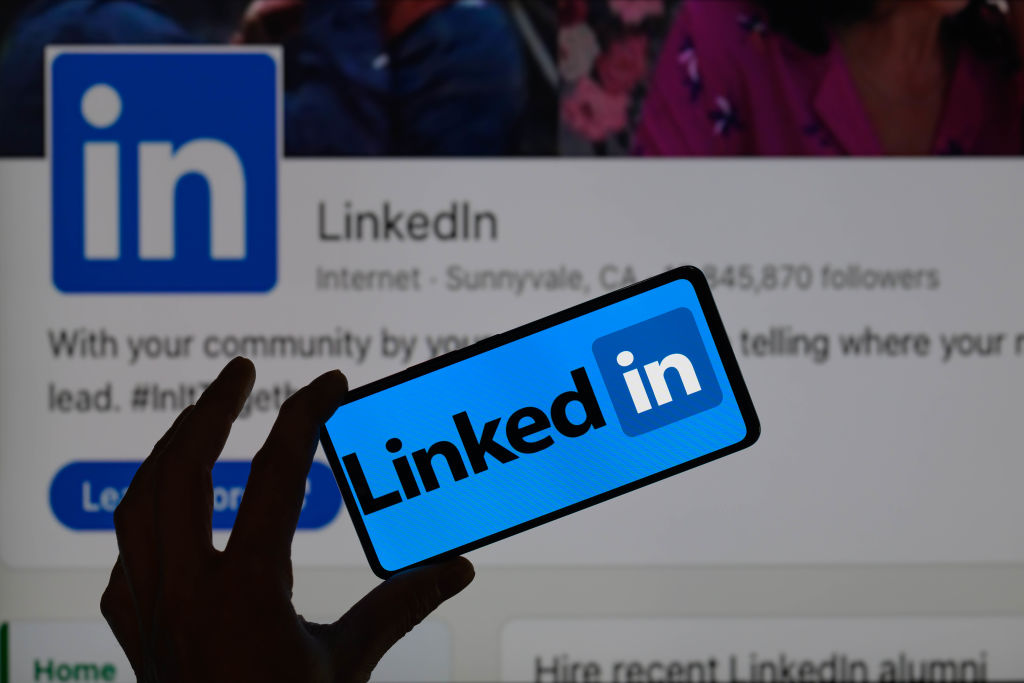







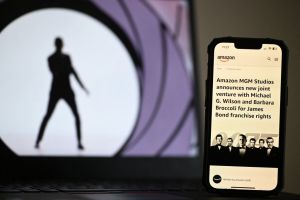

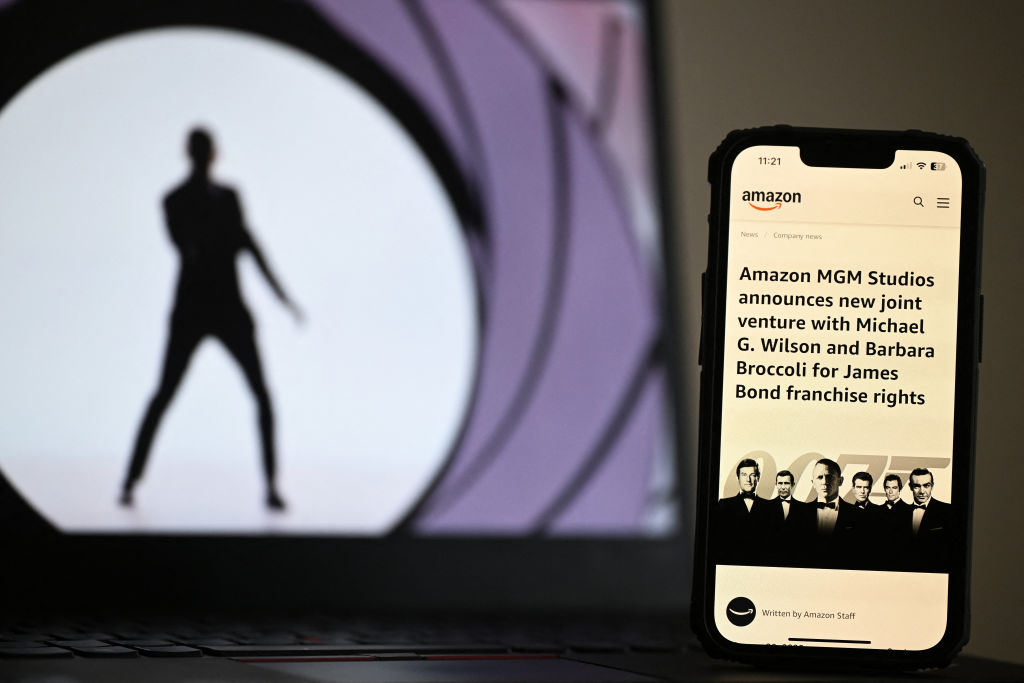
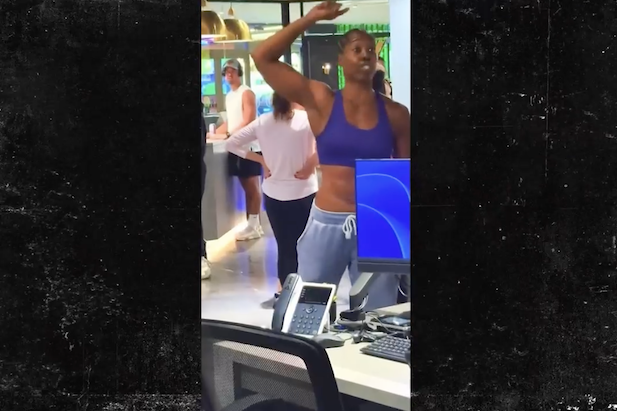

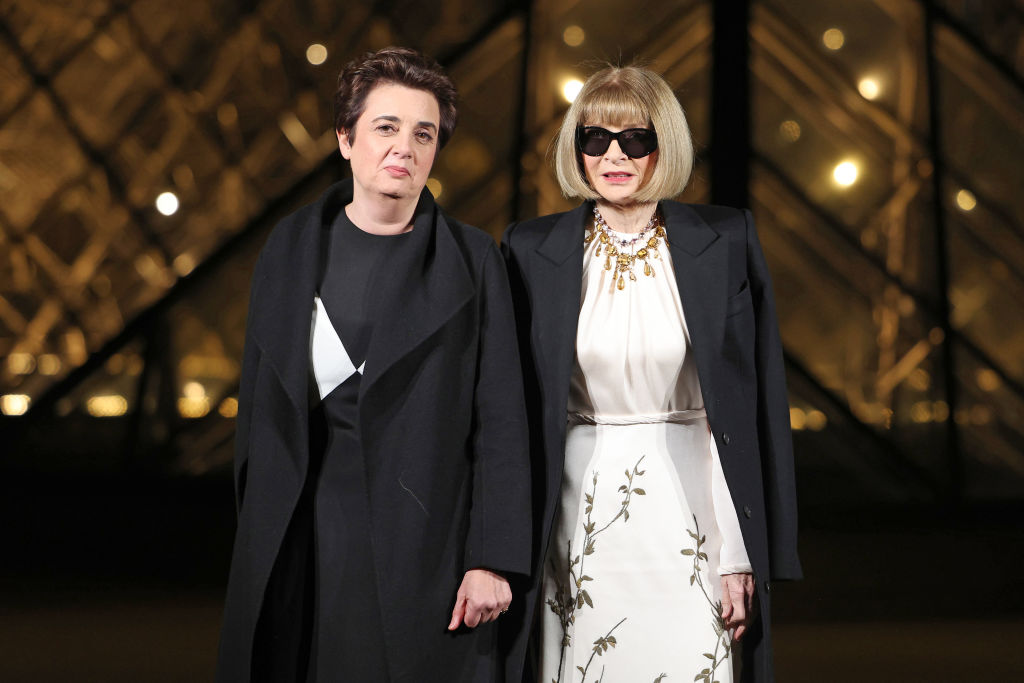
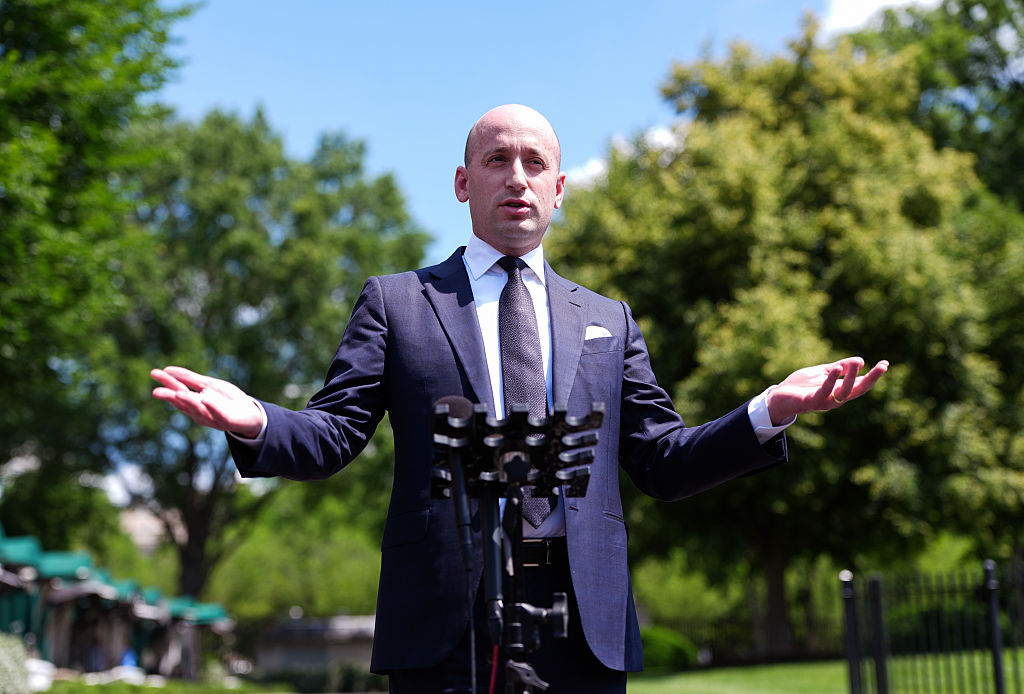
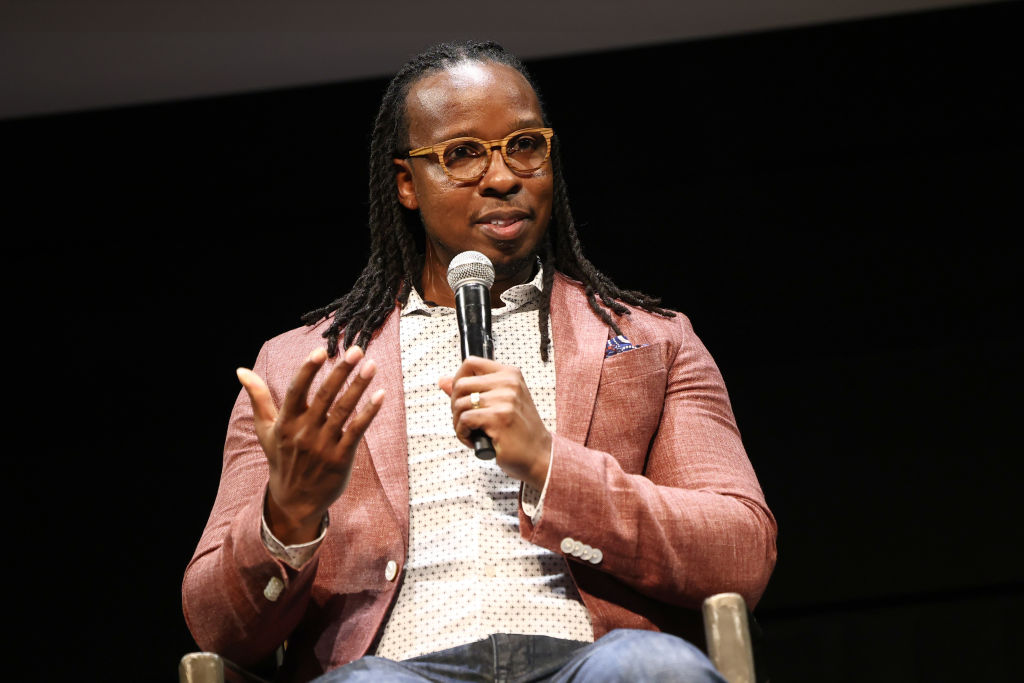







Leave a Reply